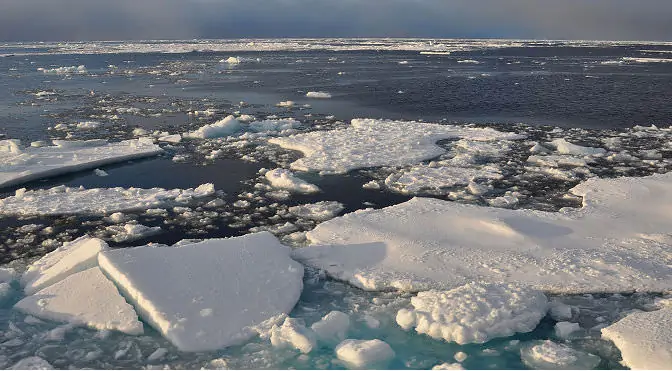A major world power shift is happening in the Arctic. It is due to new massive oil and gas discoveries, combined with the effects of climate change. In effect, on 28 September 2014, Igor Sechin, CEO of Rosneft, the Russian mammoth oil company, announced the discovery of a giant oil field in the Kara Sea, north of Siberia (Zero Hedge, “Russia discovers massive Arctic oil field which maybe larger than the Gulf of Mexico“, 28 September, 2014). According to the first commentaries, this sub-sea structure called Universitetskaya, potentially, could contain reserves of oil and gas equal or superior to the Gulf of Mexico. As Igor Sechin declared, quoted by Bloomberg (Arkhipov, Chierman and Chilcote, “Russia says Arctic well drilled with Exxon Mobil …
Continue reading “The Russian Arctic, Energy and a Massive Power Shift”











